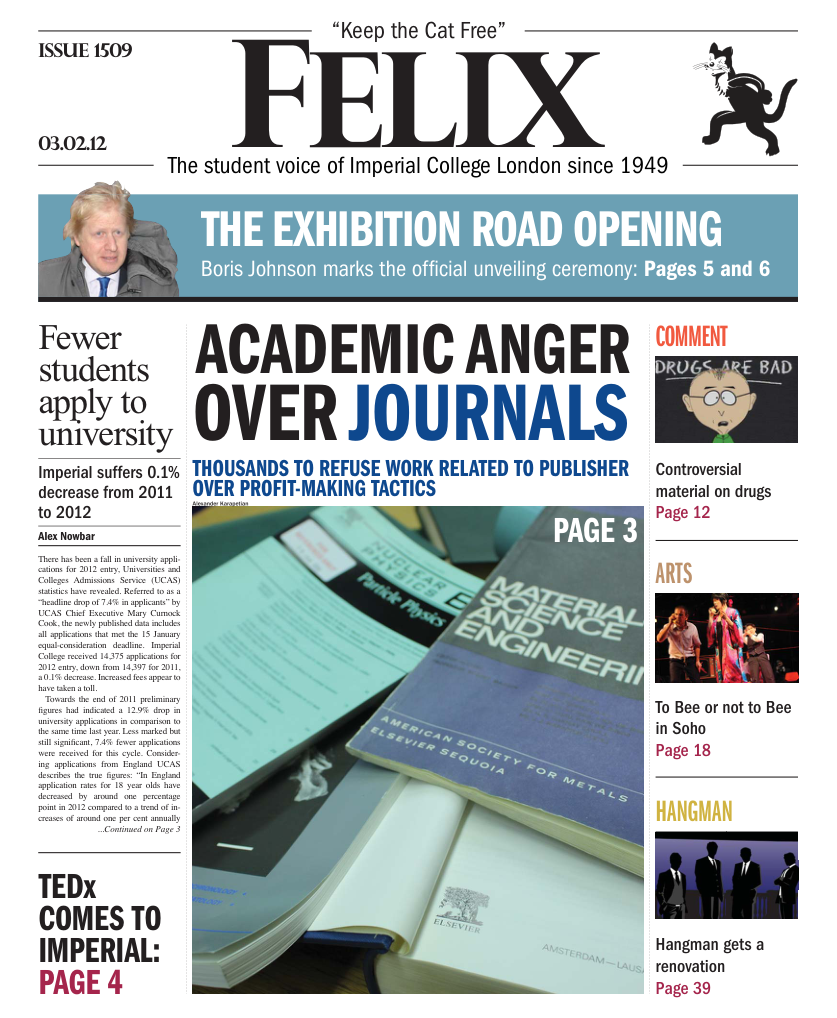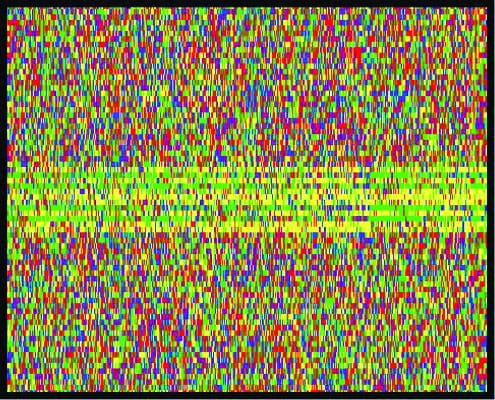Putting a pause on influenza research
Responding to fears regarding accidental release and bioterrorism, researches studying a mutant strain of influenza A have paused their work.
Research involving a virulent mutant strain of the influenza A virus has been temporarily halted over fears of potential bioterrorism and accidental release.
It is widely recognized by scientists and laypeople alike that influenza continues to pose a great threat to global health, even rivalling that of the current AIDS pandemic; the 1918 outbreak of Spanish flu alone killed 50 to 100 million people in just two and a half years. In order to face flu pandemics, scientists need to carry out research on the various strains of the virus to better understand how they mutate and spread from animal reservoirs to humans. However, new research on a mutated strain of the H5N1 virus, more commonly known as bird flu or avian influenza, has been put on hold for 60 days in order to quell public fears and spark debate on the topic of research involving potentially lethal influenza strains.
Fears began to circulate in September of last year when two independent research groups in the US and the Netherlands created a mutant strain of the H5N1 virus in order to find out how mutations in the virus made it easier to transmit. It transpired that the virus could be transmitted via inhalation between ferrets breathing the same air. This strongly suggested that the mutant virus could transmit just as easily from human to human. Whilst the labs were both classified as BSL-3 (Biosafety Level 3) enhanced, second only to BSL-4 in protection, fears abounded that it was simply not sufficient for such a lethal pathogen that combined the transmissibility of seasonal flu with the high mortality rate of wild-type H5N1.
Controversy arose when, on December 20, the US National Science Advisory Board for Biosecurity (NSABB) called for the two papers on the mutant virus, which had been submitted to Nature and Science, to be partially censored, fearing the methodology within them could be utilized by bioterrorists. The advice drew criticism from all angles, ranging from complaints that partial print could hamper further research to the claim that the NSABB’s advice was too little, too late, considering how much of the research had already been passed on to other influenza labs. The authors of the papers agreed to this redaction, under the understanding that the research could be passed on to legitimate influenza researchers.
In order to quell the fears and answer the questions provoked by the media storm that arose from their research a joint statement was made by the two labs on January 20 that put a 60 day pause on their research. The teams called for an international forum with which to discuss the potential benefits and risks of their research, as well as set up a framework for distributing their findings without letting it fall into the hands of those who would abuse it.
The question remains whether or not this form of research is necessary, or if it is simply a pandemic waiting to happen. The 60 day pause is much welcomed, and even if it does not resolve the main issues it will allow the scientific community to debate these ideas in an open forum, as well as assure the public that the research is not being carried out either haphazardly or without a defined purpose.
Whilst research into influenza spread and pandemic management is undeniably useful, safety must take precedence over speed – whilst transferring the study to BSL-4 graded laboratories may slow research the virus in question is without a doubt highly dangerous and must be treated accordingly. Care must also be taken with the freedom of print. Whilst the free flow of ideas drives scientific progress we unfortunately live in a world where, more than ever, information can be used to cause major harm if procured by the wrong people. In the next 60 days it is imperative that a method of securely distributing data and information is laid out in order to keep pushing influenza research forward. It will by no means come easily, but it must.







